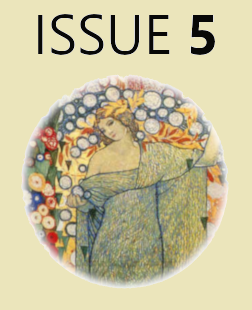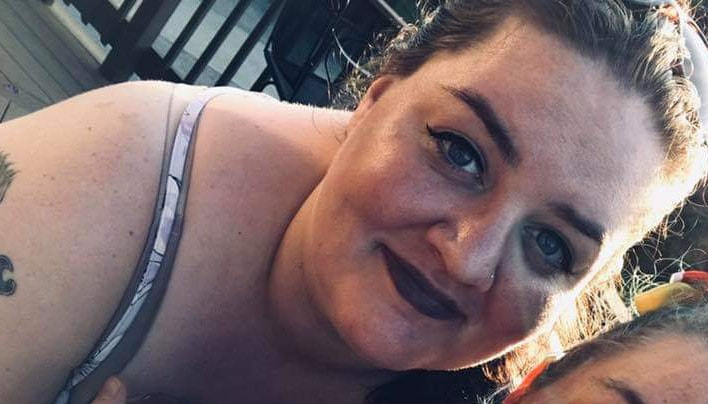|
2019 FALL PROSE CONTEST RUNNER UP
NORTHEAST OHIO SPOTLIGHT
|
The Red Panda EffectProse by Elise Demeter
Imogen never pretended to be a scientist. She’d taken a handful credits to meet the requirements of the Hospitality Management degree she obtained online and, when finding a job prove difficult—back when finding a job was the sort of thing she cared about—she settled with working the ticket counter of Hartland Wildlife Refuge, an endangered species facility located in the dead space between Ulysses and Garden City, Kansas. “We’ll take a shot on you,” the hiring director told her, “though we typically only hire individuals with biology degrees. I’m sure you understand why.” She didn’t.
|




